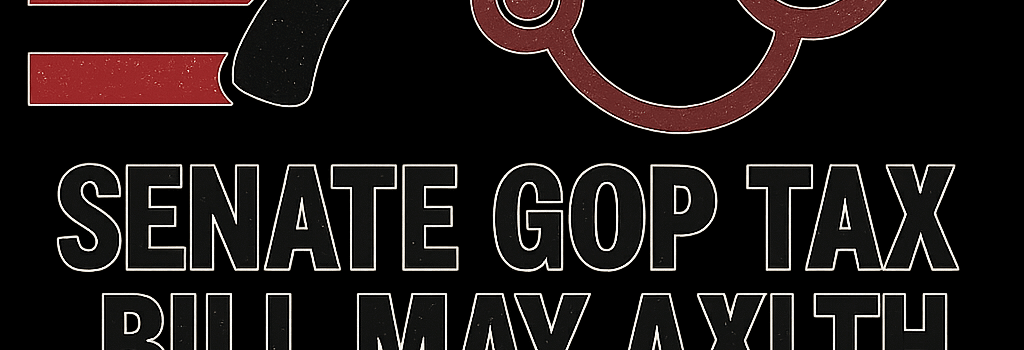Senate GOP Tax Bill May Ax Health Coverage for 12 Million Americans

Overview
Late June’s Congressional Budget Office (CBO) report reveals that the Senate Republicans’ version of President Trump’s tax and budget reconciliation package would slash $1.1 trillion in federal health spending by 2034. According to the analysis, 11.8 million people—up from 10.9 million in the House bill—would lose their health insurance.
CBO Key Findings
- Medicaid funding cut by more than $1 trillion over ten years.
- 1.4 million noncitizens or those without satisfactory immigration status would lose coverage.
- The largest share of savings driven by new work requirements and revised provider tax rules.
Provisions Driving the Cuts
1. Stricter Medicaid Work Requirements
The Senate bill imposes a nationwide work or community-engagement requirement for able-bodied Medicaid enrollees. Although roughly 70% of working-age adults on Medicaid are already employed or in job training, the CBO estimates these new barriers would reduce enrollment and cut spending by $325 billion.
2. Provider Tax Restrictions
States currently use provider taxes—levies on hospitals and clinics—to amplify their Medicaid budgets via federal matching funds (the Federal Medical Assistance Percentage, or FMAP). The new legislation caps or reduces these taxes, trimming another $375 billion from federal outlays.
Latest Amendments and the Vote-a-Rama
As senators run through a vote-a-rama on dozens of rapid-fire amendments, the health spending provisions remain a key battleground. Some GOP moderates seek to soften work requirements or preserve certain state provider-tax arrangements. Opponents argue the current framework jeopardizes access for rural hospitals and undermines long-term public-health readiness.
Deeper Analysis
Fiscal Impact on State Budgets
Medicaid is jointly funded: states contribute 25%–50% and the federal government covers the rest via FMAP rates that vary by state per capita income. Cutting federal contributions forces states to backfill a larger share, risking either budget shortfalls or further enrollment restrictions. A Health Affairs simulation found up to 15 states could face >10% increases in Medicaid spending requirements.
Administrative and IT Implications
New eligibility checks and work-verification processes will strain state Medicaid Management Information Systems (MMIS) and Electronic Health Record (EHR) platforms. States must update CMS-64 reporting, build interfaces for automated employment verification, and ensure HIPAA compliance—costing an estimated $2 billion in one-time IT upgrades.
Expert Opinions
“Imposing work requirements without robust employment support services will chiefly reduce coverage, not unemployment,” says Dr. Elaine Maag, senior fellow at the Urban-Brookings Tax Policy Center.
“Provider taxes are a proven mechanism for enhancing state-federal partnerships. Rolling them back jeopardizes safety-net hospitals already operating on slim margins,” warns Michael Press, policy director at the National Association of Medicaid Directors.
Public Reaction and Next Steps
Senator Thom Tillis (R-NC) criticized the proposal on the Senate floor, asking, “What do I tell 663,000 North Carolinians when Medicaid funding vanishes?” Meanwhile, a Kaiser Family Foundation poll shows 74% of Americans oppose a bill that would increase the uninsured by 10 million.
Conclusion
If enacted, the Senate GOP tax reconciliation bill would represent one of the largest federal health spending reductions in recent history. Beyond the immediate coverage losses, the legislation’s ripple effects on state budgets, hospital IT infrastructures, and public-health preparedness merit close technical and policy scrutiny.